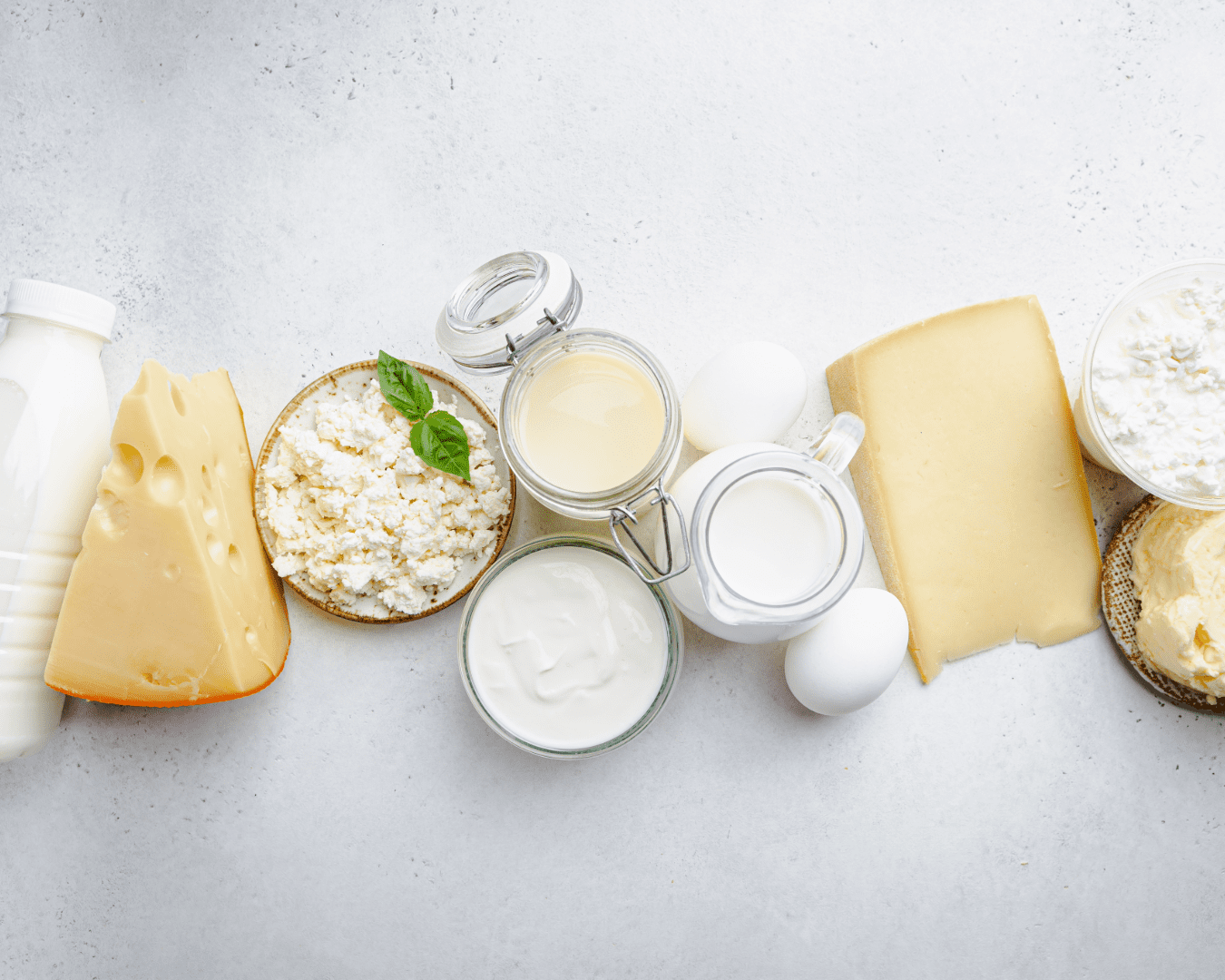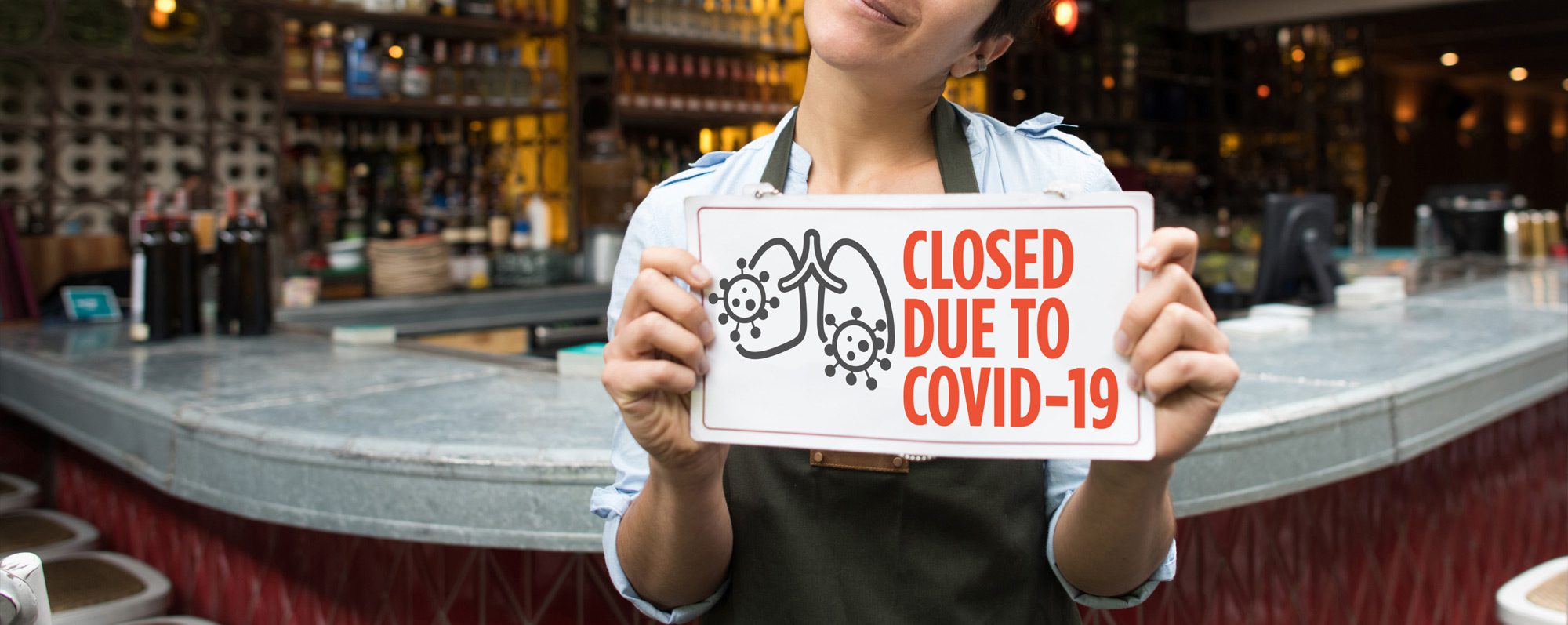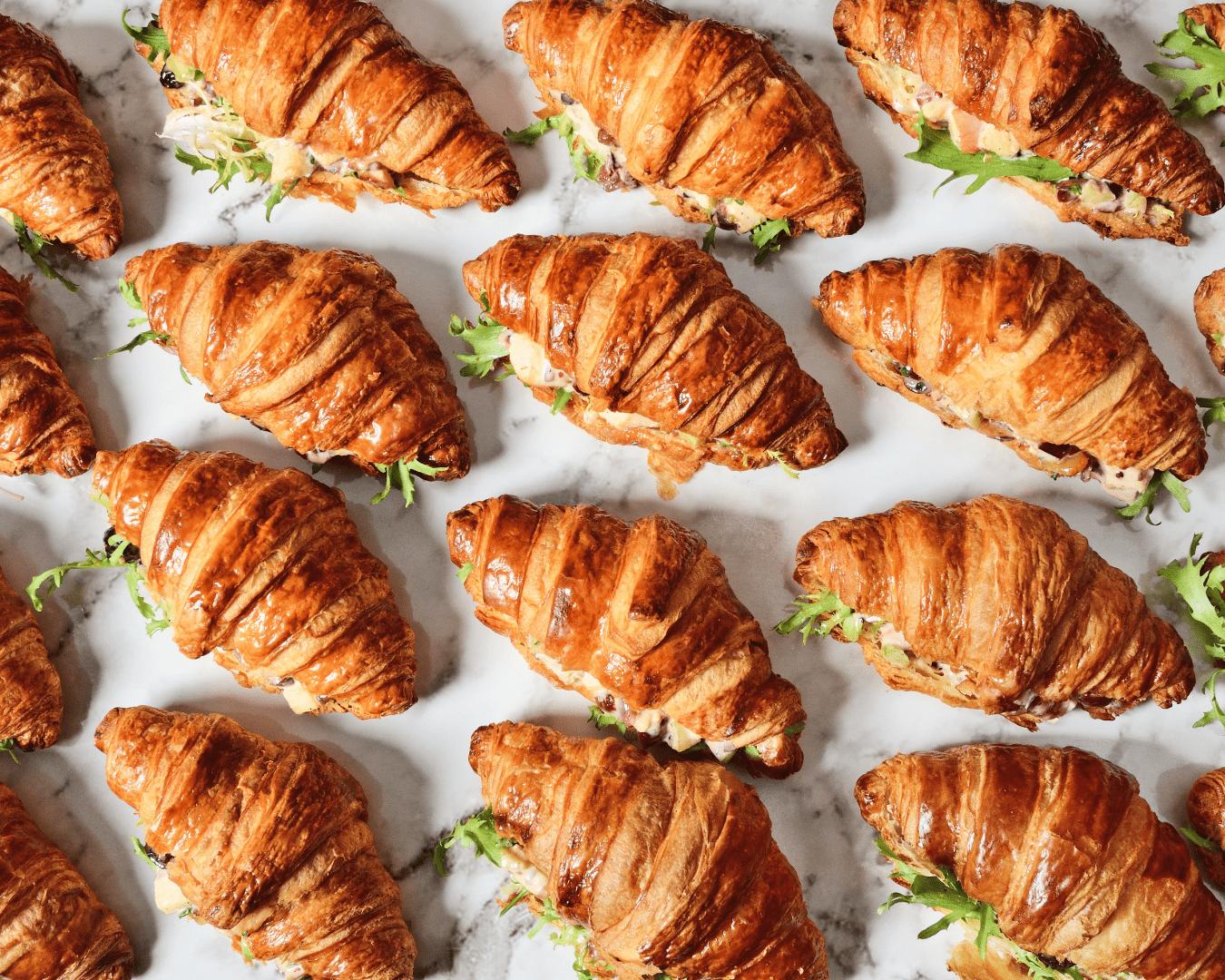

How do foodservice operators plan for the unknowable? While not recommended, surviving a previously unimaginable experience — like the first wave of a pandemic — is one way.
Before Canada confirmed its first COVID-19 case in late January 2020, dining out was something operators and patrons took for granted. But in March all provinces prohibited in-restaurant dining. During the summer, eateries could reopen, but with restrictions in place.
As we face the unknowns of the upcoming colder months, it’s timely to reflect on lessons for the foodservice business learned during the pandemic to date:
Income and expense management
Statistics Canada reports that sales in foodservice and drinking establishments fell 36.6% in March. David Lefebvre, VP, federal & Quebec for Restaurants Canada, says a top lesson is “the necessity to have multiple streams of income.” Operators who were able to pivot to alternative income strategies like takeout, delivery, grocery services, and meal boxes were generally more successful.
Both Lefebvre and Jeff Dover, principal of foodservice and hospitality consultants fsSTRATEGY INC., point to the need to also reduce expenses to withstand lower revenues.
Communicating protocols and compliance
Communicating safety measures is increasingly important, Dover says. “Best practice has become making sure cleaning and sanitation is visible,” for example, by seating guests at unset tables and then giving them disposable menus and sanitized cutlery.
Lefebvre advises operators to respect all public health requirements, “because you definitely don’t want a second wave to close you. We want to make sure that restaurants are seen as part of the solution, not part of the problem.”
Customer relations and experience
The pandemic has highlighted the importance of the core relationship with the customer, Lefebvre says. Patrons want to support restaurants they have good relationships with. Dover advocates that operators connect proactively with their guest base and listen to their feedback.
Sylvain Charlebois, senior director of Dalhousie University’s Agri-Food Analytics Lab, says restaurants have been open and transparent in communicating their need for support to the public. “The tone was right too, and I think people showed up.”
Despite measures like physical distancing, masks and plexiglass barriers, guests can still enjoy the customer experience while feeling safe. Charlebois says operators have “done a pretty good job just allowing people to forget about things and relax and enjoy their time there.”
Staff relations
As Lefebvre notes, operators with positive labour relationships were better able to survive pandemic-related business disruption. This included closures, operational changes, the impact of government support programs like work-sharing agreements, and a more challenging work environment.
Embracing technology
Customer demand for contactless payment increased during the pandemic, and Dover says embracing technology is a major lesson. “Mobile order and pay, apps, websites, etc. were around before the pandemic and increasing in popularity; however, adoption rates have soared. We are three years ahead in technological acceptance to where we were before the pandemic.”
“We want to make sure that restaurants are seen as part of the solution, not part of the problem.”
David Lefebvre, VP, federal & Quebec for Restaurants Canada
These lessons have better prepared operators for the fall and winter challenges ahead, including the end of patio season, ongoing physical distancing, PPE requirements, and changes to government support programs.
What about future catastrophes?
But has the pandemic better prepared Canada’s foodservice operators to survive as yet unknown catastrophes like fires, floods, or other public health crises?
Charlebois points to foodservice operators’ collective resiliency. And Dover says, “going through the COVID pandemic will make operators better prepared for the next challenge; however, I think operators are able to react to whatever challenges come.”
Lefebvre says the pandemic itself has been a worst-case scenario, and those who survive it will be better at making contingency plans for future worst-case scenarios.


